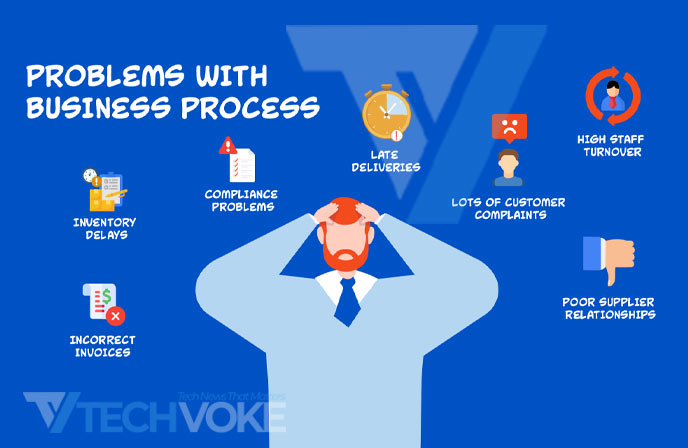A business continuity plan is a documentation of the policies and process used by an organization to safeguard company’s most important information, employees and/or property in the event of a natural disaster or unexpected disruption.
Streamlining your business continuity plan will not only save you time financially but allow you to focus on your core competency: running your business.
The Three Tenets
Keep it simple
The better organized and streamlined you’re BCP, the easier it will be for all levels of management to determine who needs to know what and when they need to do it. If possible, try using one tool (spreadsheet, document, intranet site) for everyone in company – making updates easier as time goes on. The goal is to keep it simple – the more complex the BCP, the harder it will be for management to know where to look when they need vital information in time of an emergency.
Keep it current
Like all things in business, people come and go – vendors change their phone numbers or websites, employees get new email addresses or job titles over time. Your BCP should reflect these changes so that everyone has access to any information they might need in case of an emergency.
Keep it documented
When you are building your BCP, make sure you document everything! Create a chart with which needs what information during which time period…companywide. Not only will this help tremendously when an emergency occurs, but it will help you identify any major holes in your plan.
Keep your business continuity plan simple – remember, the easier to use and more streamlined, the better! At the same time, keep it current whenever possible. This means updating everything from vendor phone numbers or websites to employee email addresses or job titles. Finally, make sure you document every part of your BCP so that everyone who needs information during an emergency knows exactly where to look for vital information. You’ll be glad you did! ~ You’ve got this!
Here are some FAQs recently asked by our readers
- I want to develop my own business continuity plan, but where do I start?
- For a small organization like mine which part of the company’s operations is most at risk and what should be included in the business continuity plan (e.g., website, accounting system)?
- Does your company provide Business Continuity Planning services?
- How do we hire experienced consultants for developing our BCP? What are typical costs involved?
- Trust is vital in every working relationship – especially when it comes to working with outside vendors such as IT support providers and data storage companies. How do we go about vetting these partners so that we can establish a productive working relationship built on trust and open communication?
- What key qualities should we look for when hiring a business continuity consultant?
- We use two suppliers of disaster recovery solutions that both offer similar services and pricing, which one should we choose?
- In order to get the most from our Business Continuity Plan (BCP), what else do we need besides data backups and offsite storage?
- Do you have any additional suggestions on where I can find more information about developing an effective BCP for my company?
- We’re looking for a checklist to keep track of our critical documents and information. Is there a template out there that we can use as a starting point in putting together our own checklist?
- I have a business continuity plan in place, but my employees are still panicking when disasters strike. Is there a way to help them feel more secure during emergencies?
- We’re experiencing an increase in hardware failures and other critical network issues; can anyone recommend a reliable data center provider for both our office and offsite storage needs?
- In an effort to prevent future interruptions in service, we want to enhance our BCP by adding safeguards against man-made threats such as physical attacks or hacking attempts that could destroy our data or disable the entire company. What should we look into?
- How do we ensure that all of our employees know what their roles and responsibilities will be once an emergency occurs?
- When we’re in the middle of a disaster and there is no time to wait for an IT team to come and fix our systems, how can employees use alternative (backup) computer systems?
- I’m concerned about possible insider threats such as disgruntled employees or former workers who might try to sabotage our company’s operations once they’ve left their positions…what can we do?
Conclusion
With your Business Continuity Planning (BCP) you can make sure that your company weathers any crisis. To know more about BCP or to get started with developing a BCP for your business, contact us today!


